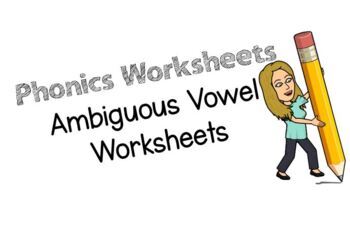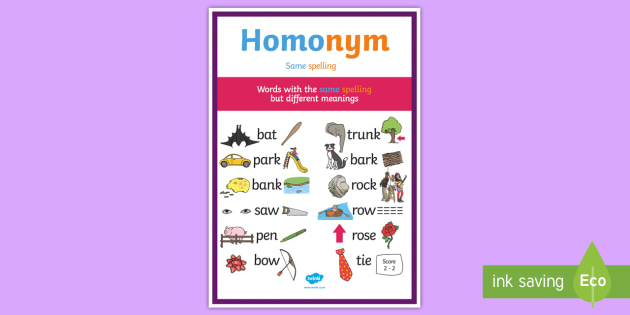Module 10 (Week 4) Vocabulary
1.) Word Consciousness
- "an attitude of curiosity and attention to words critical for vocabulary development" (Words Their Ways)Word Consciousness is important when it comes to teaching literacy because this allows students the time to fully develop and greater understanding of words ad their meanings.
2.) Diphthongs
- "a complex speech sound beginning with one vowel sound and moving to another within the same syllables" (Words Their Ways)Diphthongs are important to learn when learning literacy because they can be sometimes tricky for students to understand. When certain vowels are put together, they can cause a change in sound.
3.) Ambiguous Vowels
- "a vowel sound represented by a variety of different spelling patterns, or vowel patterns that represent a wide range of sounds" (Words Their Ways)Ambiguous Vowels are typically taught to students within the word pattern stage and can sometimes cause a confusion for student due to the fact that multiple letter sounds can offer the same sound.
4.) Homophones
- "words that sound alike, are spelled differently, and have different meanings" (Words Their Ways)
Homophones are important for literacy learning because there are some words that sound the same but have different spellings. This is important to teach students the differences between the two different words.
5.) Homographs
- "words that are spelled alike but have different pronunciations and different meanings" (Words Their Ways)Homographs help teach children gain a better understanding of the content they are readying about especially when words look the same but have different meanings.
6.) Homonyms
- "words that share the same spelling but have different meanings" (Words Their Ways)
Homonyms help teach children gain a better understanding of the content they are readying about especially when words look the same but have different meanings.






Comments
Post a Comment